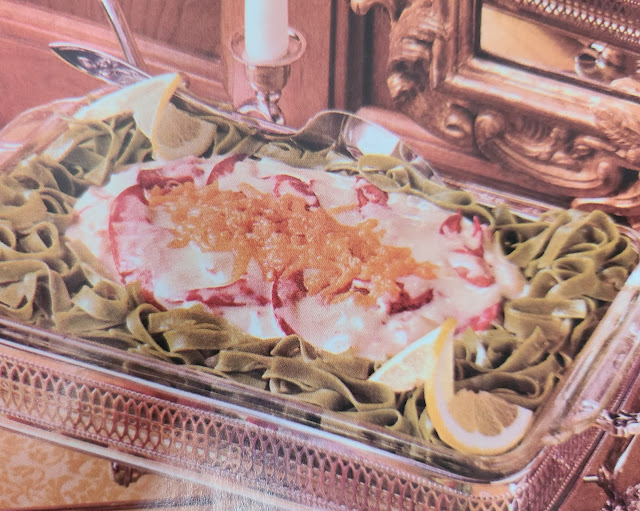by Ayaan Adan
Dakota County Library paperback 220 pages plus glossary
Published: 2022
Genre: Non-fiction, personal stories
I checked this out on behalf of my sister to prepare for the author's visit at a meeting for her work. Being a curious individual, I wanted to read the book too. I've not yet finished it, but it is interesting to read about these people's experiences and perspectives. It was also interesting to listen to the author yesterday.
This collection of stories helps me better understand Somali women - both their cultural identity and the individual human beings who sometimes appear as "other" to me and my experience. Most of the stories I've read so far are about women in their 20s. I'm eager to get to the stories from older women. No matter the culture, sometimes age brings a different perspective. It was also interesting to me to learn that Minnesota has the largest population of Somali people in the United States.
Some of the women used their real names and some used pseudonyms to protect their identity. One woman talked about her experience in a university class that was very divisive.
People didn't care about the required readings, and they weren't interested in constructive dialogue. Instead, everyone wanted to be right, all the time. They wanted the story of a battle to regale their friends or followers with, always exaggerated and without a modicum of self-awareness. Students came into the class with the baggage of their traumas or experiences and didn't shy away from projecting, generalizing, and breaking the basic rules of social agreements. Things like not assuming intention, giving others a chance to speak, and generally being kind. This class was a no-man's-land. Rule and order had no meaning here. It made for both an exciting and an exhausting hour. (pg 31)
I wonder what the professor's goal was. This doesn't seem like a very effective way to educate.
I loved the section where "Habon Hirsi" talked about her experiences and feelings wearing a hijab (head, hair, and chest covering), a jilbaab (full length cloak), and a khamaar (head scarf). (I really, really appreciated the glossary and consulted it often.) When she wore the khamaar and went shopping for clothing, she suddenly was confronted with body image issues that hadn't been a problem for her before. "In hindsight, I came to appreciate hijab for how it protected me from society and myself." (page 43)
Another woman wrote about gender roles and frustration.
Growing up, I hated how strict my parents were with my sisters and me, while they were so easygoing with my brothers. I started cleaning around fifth or sixth grade. Cleaning and cooking are absolutely necessary life skills; I have no problem doing them. The issue for me was cleaning up after grown men. Do they not have hands? The unfairness just creates resentment and anger. If I asked about why they didn't help out around the house, I was told to mind my business. It was so frustrating. They were just as capable. And they were smug about it. Like they had one up on me because I'm a girl. They laughed about it. (page 51)
That would have sent me over the edge! My dad had some of that attitude, especially after we visited relatives in Canada. Women were supposed to serve and be servile; men were supposed to sit back and enjoy. Arg!
This part really struck me. In writing about *why* so many Somalis have left their home country and come to the U.S., she writes, "If it was safe, I know we would've stayed. Nobody really wants to leave home unless they have to." (page 86). With what's happening in Ukraine right now, these words really ring true. I believe most people would rather stay in their home country. The extended family, the culture, the landscape, the feeling of being home. . . Many of the women that Adan interviewed talked about Somalia being home even though they've spent the majority of their lives in Minnesota. It makes me sad that there's so much violence in the world. Most Americans are oblivious to how easy life is for us here.
I hope to read the rest of the stories, but time is of the essence!
I blogged the above on 3.31.22 then I finished the book and emailed the additions below on 4.5.22 from Louise's house.
Page 98: "Every Somali girl knows the eldest daughter's burden. . . . It's often a thankless and invisible job, but behind every household there's usually at least one daughter manning the fort."
This came up over and over again. It makes me glad to be a youngest in my family and not part of this culture. That seems like a lot of pressure.

